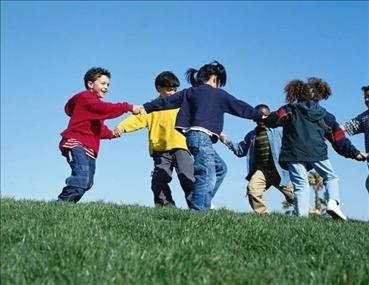The saying “tell me who your friends are and I’ll tell you who you are” holds more than a morsel of truth. Although friends do not necessarily have to be “clones” of each other, they normally share similar interests and general behavior. They might have different personalities, but friends would have commonalities when it comes down to the values they hold dear and the principles they espouse. Real friendships are not formed instantly. It develops and is nurtured over time. The strongest friendships are those that withstand the test of time.

In the case of young children, some friendships are confined to the playground. As your child grows, he forms deeper friendships that could possibly last more than a couple of years. Your child’s friends can influence his thoughts and feelings. It can even alter his perceptions especially during the tween and teen years when peer pressure is at its height. As a parent, you have to be on top of things without coming out like a domineering “big bully” who simply wants to have his way with the kids.
Developing a close relationship with your children starts when they are young. This is easily done during the times when they are still entirely dependent on you. As they learn to venture out in the world on their own, make it clear that you are going to be with them in their journey. This does not have to sound imposing. On the contrary, it should be a statement of commitment to your child that you will be there for them not only as a parent but as a friend as well.
Get to know your child’s friends. Establish rapport with them and make them feel that they can be open to you too. Know when you can be around them and when to “disappear” in the background. Do not be intrusive or judgmental about your child’s friends. When you notice something that bothers you about one of your child’s friends, mention it nonchalantly and see how your child feels about it. This way, you can gauge your child’s ability to discern things on his own. This will also allow you to help your child process things about his social interactions that do not seem to be as easy for him to understand.
Image Credit:
www.seekcommercial.com.au